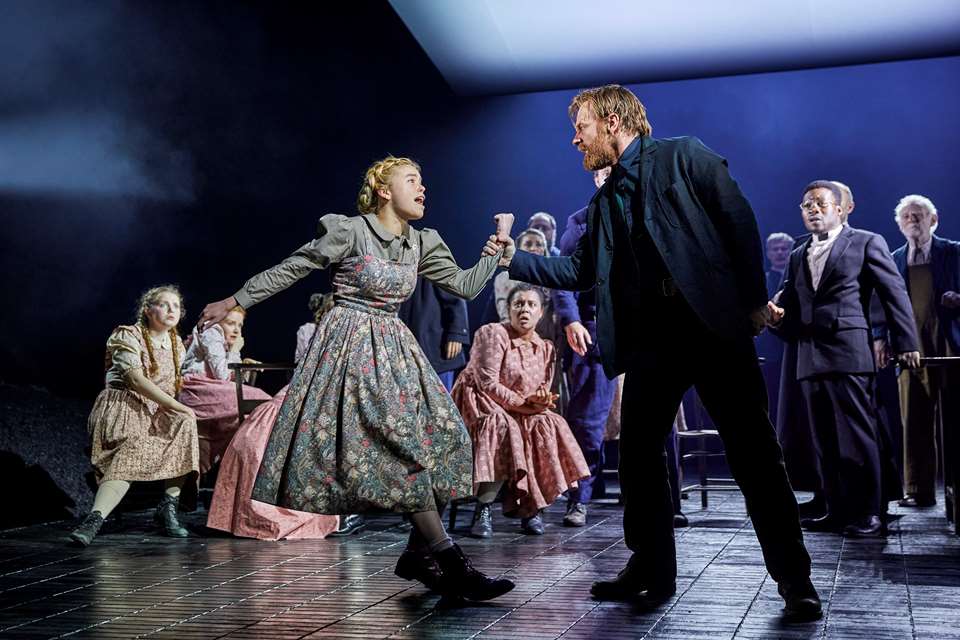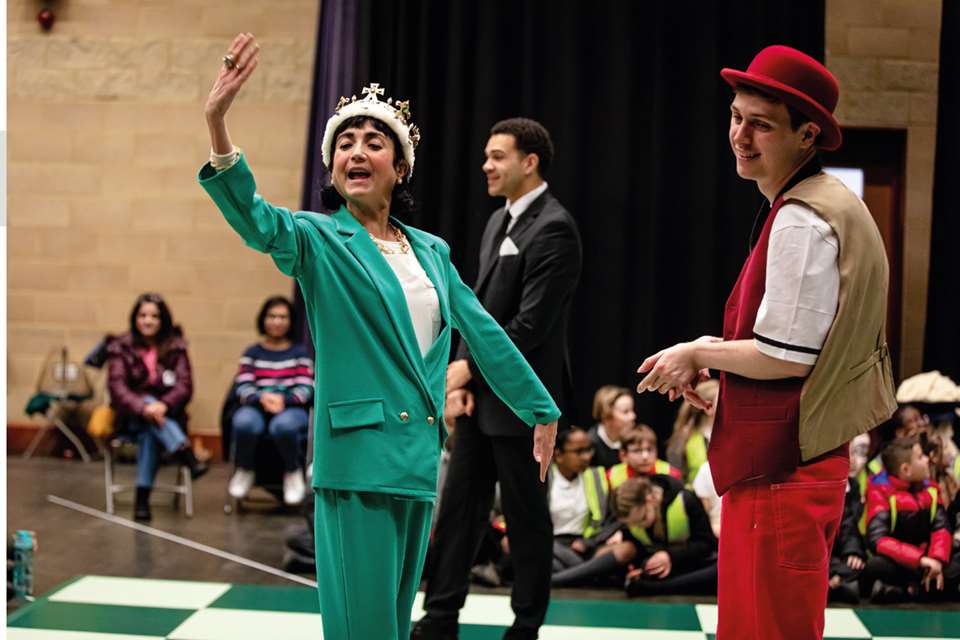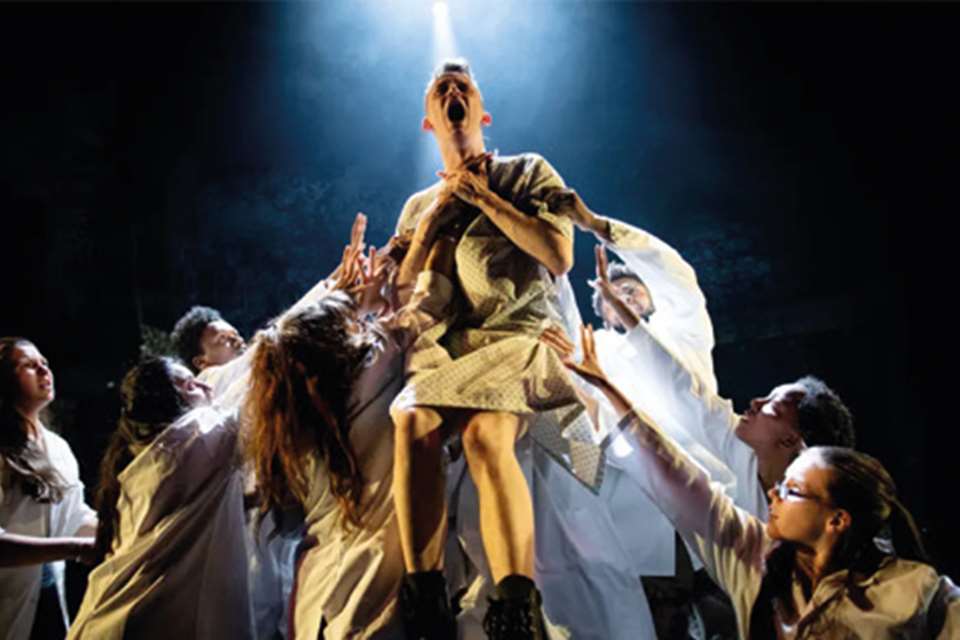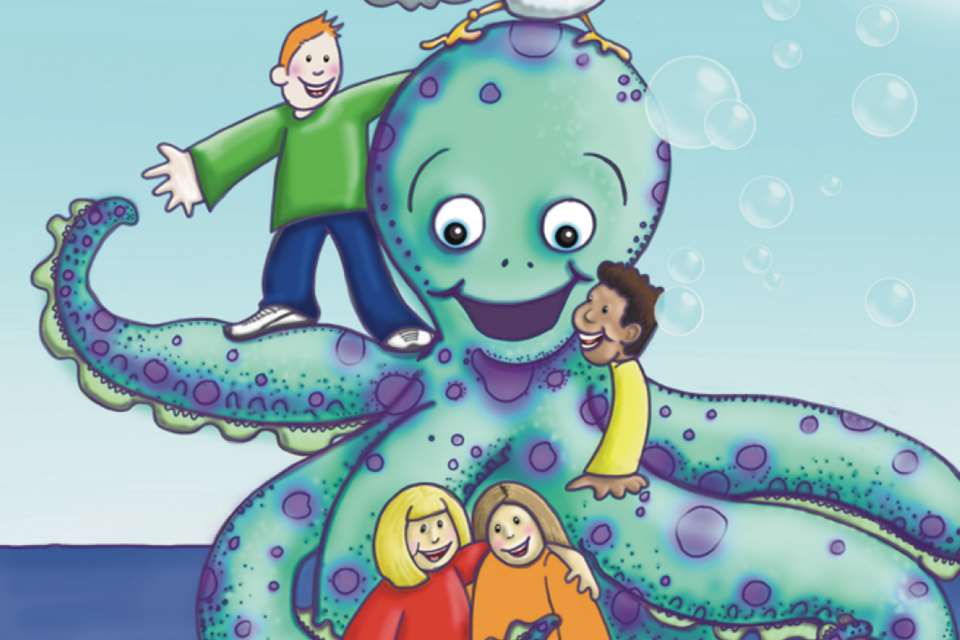Review: Losing It by Nina Lemon
Emily Wheatman
Friday, September 1, 2023
This is 'a relatable and relevant text for students, tackling all areas of sex education', says reviewer Emily Wheatman.

Looking for a play that incorporates ensemble work, gives you complete freedom with staging and has an educational subject matter for your class? Well, look no further than Nina Lemon's Losing it.
With 19 main characters – and the option for 24+ roles in total – this play could be staged by a whole class or broken up into sections for smaller groups, allowing students to experiment with multi-roling, quick transitions between the past and present, and the opportunity to play different ages.
The dialogue is both witty and snappy, and gives equal opportunities for the characters’ voices to be heard, making it a great opportunity for ensemble work. With minimal stage directions, you'll have the freedom to adapt the script to various different styles of theatre. The quick dialogue and overlapping lines would lend themselves well to chorus work, and you could use either gestural or physical theatre to jump between time and place within the plot. The freedom is there for the students to devise around the text.
While a play about sex education does give off a strong ‘Theatre in Education’ energy (with zero judgment attached to that statement – there are some fantastic TIE shows out there), in Lemon's work the various character's storylines duck and weave in a satisfyingly dramatic way, which makes it feel less preachy and much more relevant.
Touching on issues from consent and rape to erectile dysfunction and LGBTQIA+ through the lenses of characters their own age, Lemon's created a very appropriate and necessary play for students to study, and could help generate open discussions about the various issues tackled in the piece. With one in ten children having watched porn by the age of nine years old, it would be naive to assume that teenagers aren't aware of, or experiencing all of the issues acknowledged in this play.
Working on this text in the classroom could open up a dialogue for students to learn in a safe non-judgemental space and to normalise conversations about sex.








